Guru Nanak Jayanti Wishes, Quotes, and Messages to Share
Celebrate Guru Nanak Jayanti 2025 with inspiring wishes, quotes, and messages that reflect the divine teachings of Guru Nanak Dev Ji.
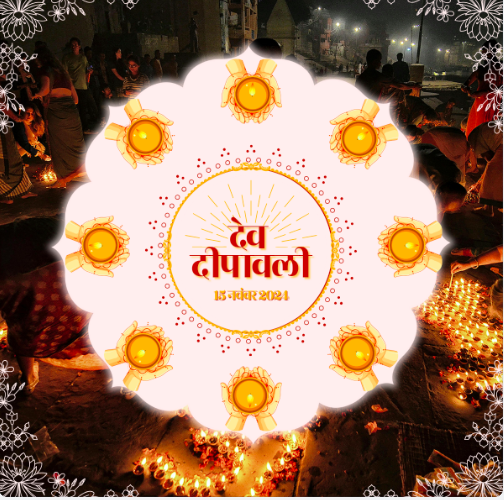
Deva Deepavali, also known as "the Diwali of the Gods," is a grand Hindu festival celebrated in Varanasi, Uttar Pradesh, India. The festival marks the victory of Lord Shiva over the demon Tripurasura and is observed on the full moon day (Purnima) of the Hindu month of Kartik, fifteen days after Diwali.
Here are some key highlights:
Deva Deepavali is one of the most spiritually uplifting festivals in India, capturing the essence of Varanasi’s spiritual heritage and the reverence for the Ganges River. It is a celebration of light, devotion, and divine blessings.
Deva Deepavali is a Hindu festival that celebrates the victory of light over darkness and good over evil. It is celebrated on the day before Kartika purnima, and people celebrate with the lighting of lamps and bursting crackers.
It is also a time to share recipes with friends and family. During this festive season, many families prepare dishes that are unique to their region.
Deva-Deepavali is a celebration of the triumph of light over darkness and good over evil. It is a time of family gatherings, feasting and prayer. It is also a time to remember the lessons of the Ramayana, and to make resolutions for the future.
The festival is celebrated in many ways, but the main ritual is the lighting of oil lamps and candles. People clean and decorate their homes and buy new clothes to celebrate the occasion. They exchange gifts with friends and relatives, strengthening community and family ties.
The festival is also a time to honour Lord Shiva’s victory over the three demons Vidyunmali, Tarakaksha and Viryavana, collectively known as Tripurasur. Thousands of diyas are lit on the ghats of Varanasi, to mark this victory over darkness.
Deva-Deepavali is the celebration of the spirituality of light and its victory over darkness. It is a day when devotees bathe in the Ganges and worship bhagwan Vishnu. They also pray for prosperity and good fortune. The ghats are lit with millions of diyas, making the river glow brightly.
Another name for this festival is Tripura purnima. It marks the occasion when Lord Shiva slew the three demons that had invaded his abode, Kailas. The story behind this event is described in the 7th Skandh of the Shrimad Bhagwat. It is also celebrated by Jains as Sukhsuptika.
Deepavali is a celebration of family unity and spirituality. It also symbolizes hope and renewal. Homes are adorned with lights and diyas, and food is shared among families, promoting unity and friendship.
Different regions of India celebrate Diwali in distinct ways, reflecting their cultural and religious heritage. For example, in northern India, the festival is associated with Rama’s return to Ayodhya after defeating the demon king Ravana. It is also celebrated as the festival of Lakshmi, the goddess of wealth and prosperity.
In southern India, it is known as Naraka Chaturdashi, the day when bhagwan Krishna destroyed the demon Narakasur. On this day, people massage their bodies with sesame oil and bathe. It is also a day to receive the blessings of elders. It is also observed as Govardhan Puja or Annakoot in the north, when bhagwan Krishna lifted the sacred mountain Govardhan to feed his devotees.
Deepavali is a festival of food in India, where people share recipes and celebrate the rich culinary culture of their region. This is a good time to try new dishes and also to share old favorites with family and friends.
The festival falls on the Kartika Purnima, the full moon night of the Hindu month of Kartika. It is a celebration of Lord Rama’s return to Ayodhya after defeating the demon king Ravana. The lights that are lit at the ghats of the Ganges River symbolize this victory.
In many regions, families decorate their homes with lights and rangoli (art patterns made with colored powder). They also perform pujas in temples and at home for their ancestors and worship Lakshmi, the goddess of wealth.
Deva-Deepavali is a festival of lights, and it is also celebrated as the victory of good over evil. It is a joyous occasion that brings families together and encourages a sense of community. The celebration of Deva-Deepavali includes fireworks, which symbolize the triumph of light over darkness and goodness over evil.
During this auspicious occasion, people clean their homes and draw rangolis to welcome Goddess Lakshmi. They also do shraddha puja to their ancestors. In Tamil Nadu, this day is known as Karthigai Deepam and in Varanasi as Bandi Chhor Divas.
The first day of the festival is known as Govardhan Puja or Annakoot, which marks the day when bhagwan Krishna lifted the Govardhan mountain to save his devotees from floods and fed them. It is also celebrated in Karnataka as Bali Pratipada to commemorate the return of king Bali from Patal Lok after being pushed by bhagwan Vishnu’s dwarf incarnation, Vamanadeva.
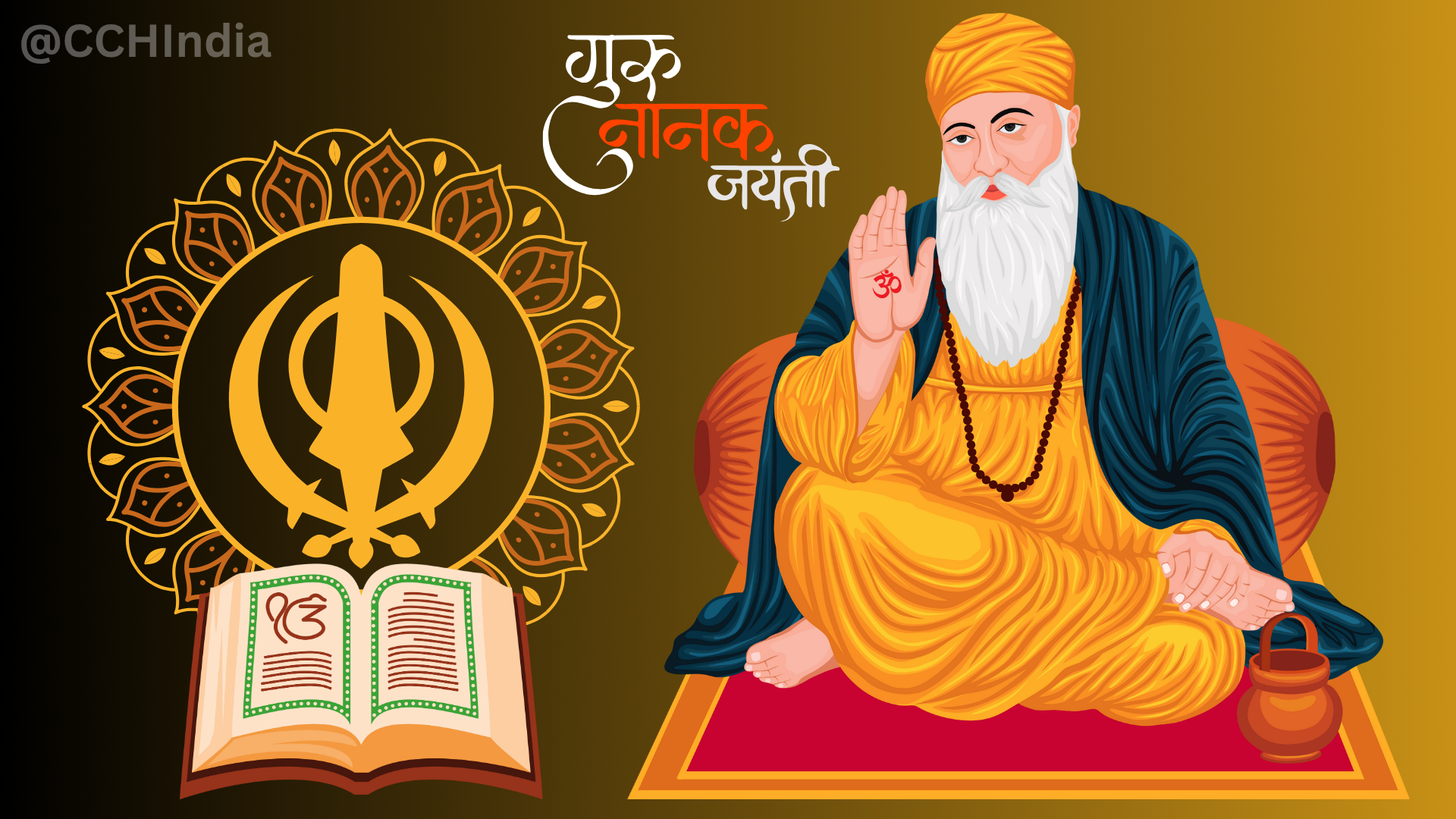
Celebrate Guru Nanak Jayanti 2025 with inspiring wishes, quotes, and messages that reflect the divine teachings of Guru Nanak Dev Ji.
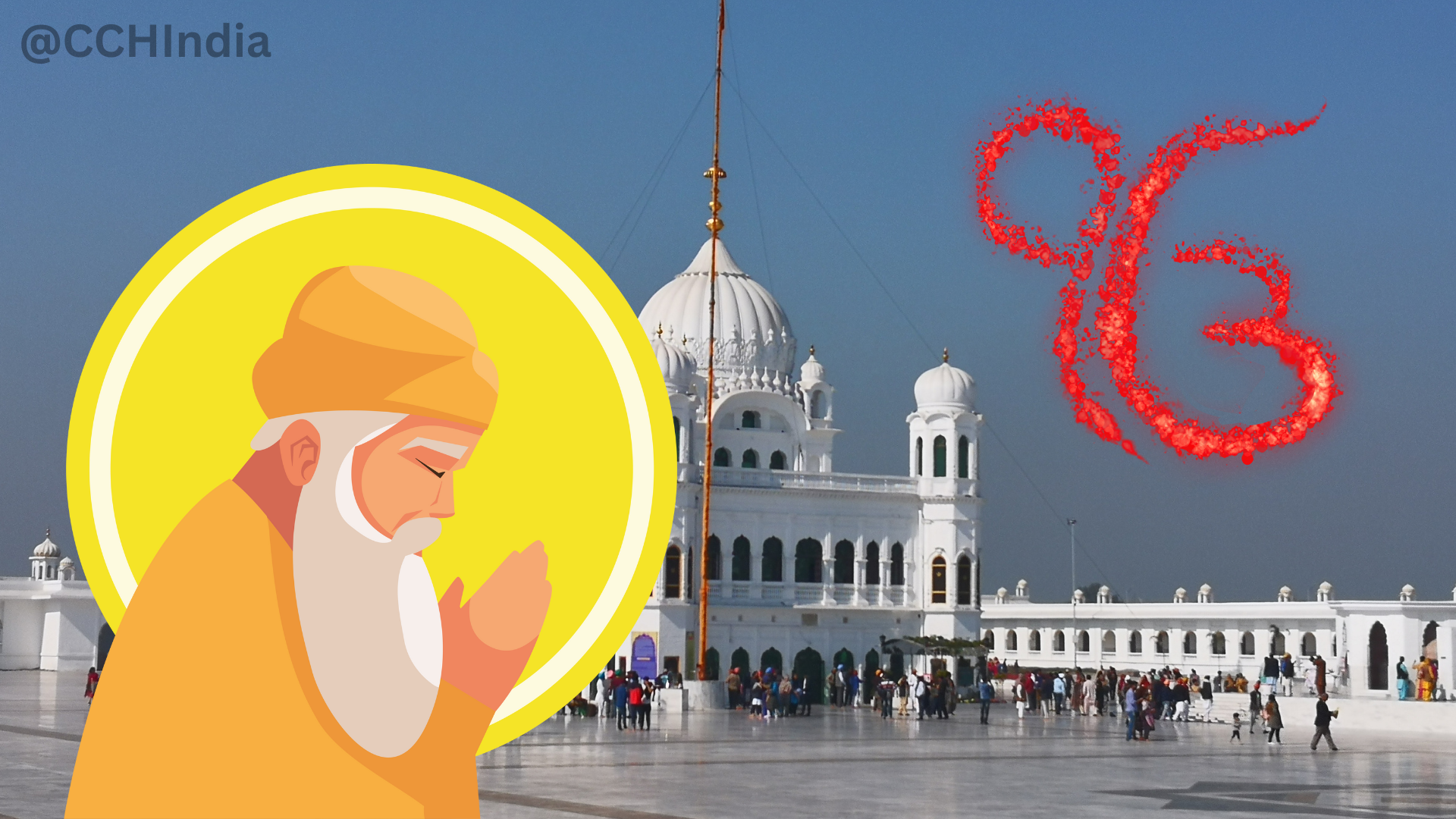
Discover Guru Nanak Dev Ji’s divine journey from Nankana Sahib to Kartarpur, spreading the message of peace, equality, and universal brotherhood.
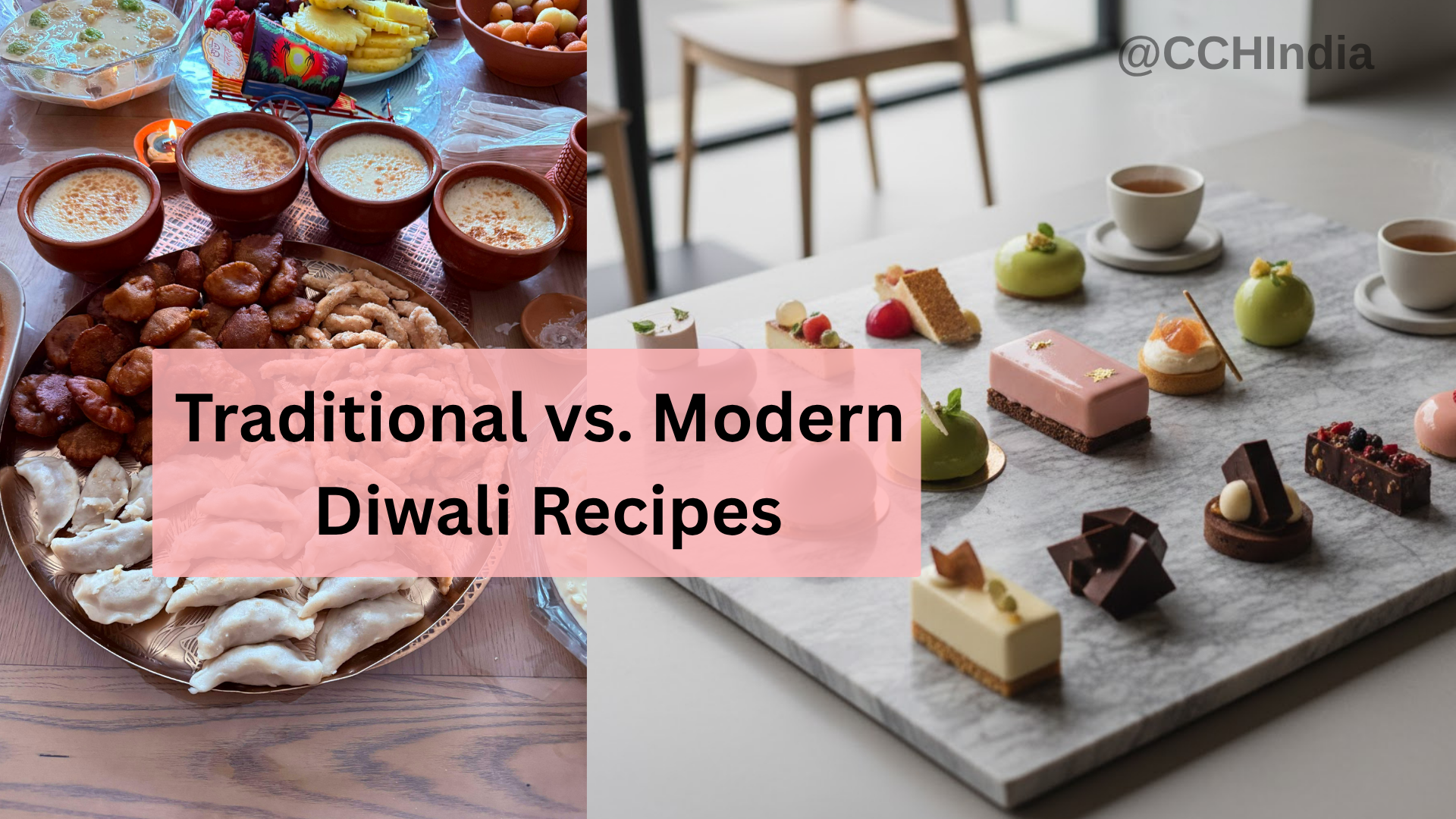
In 2025, Diwali kitchens are evolving — from grandma’s ghee-loaded laddoos to avocado barfis and air-fried chaklis. Here’s a real, human take on how Indian families are reinventing festive classics.
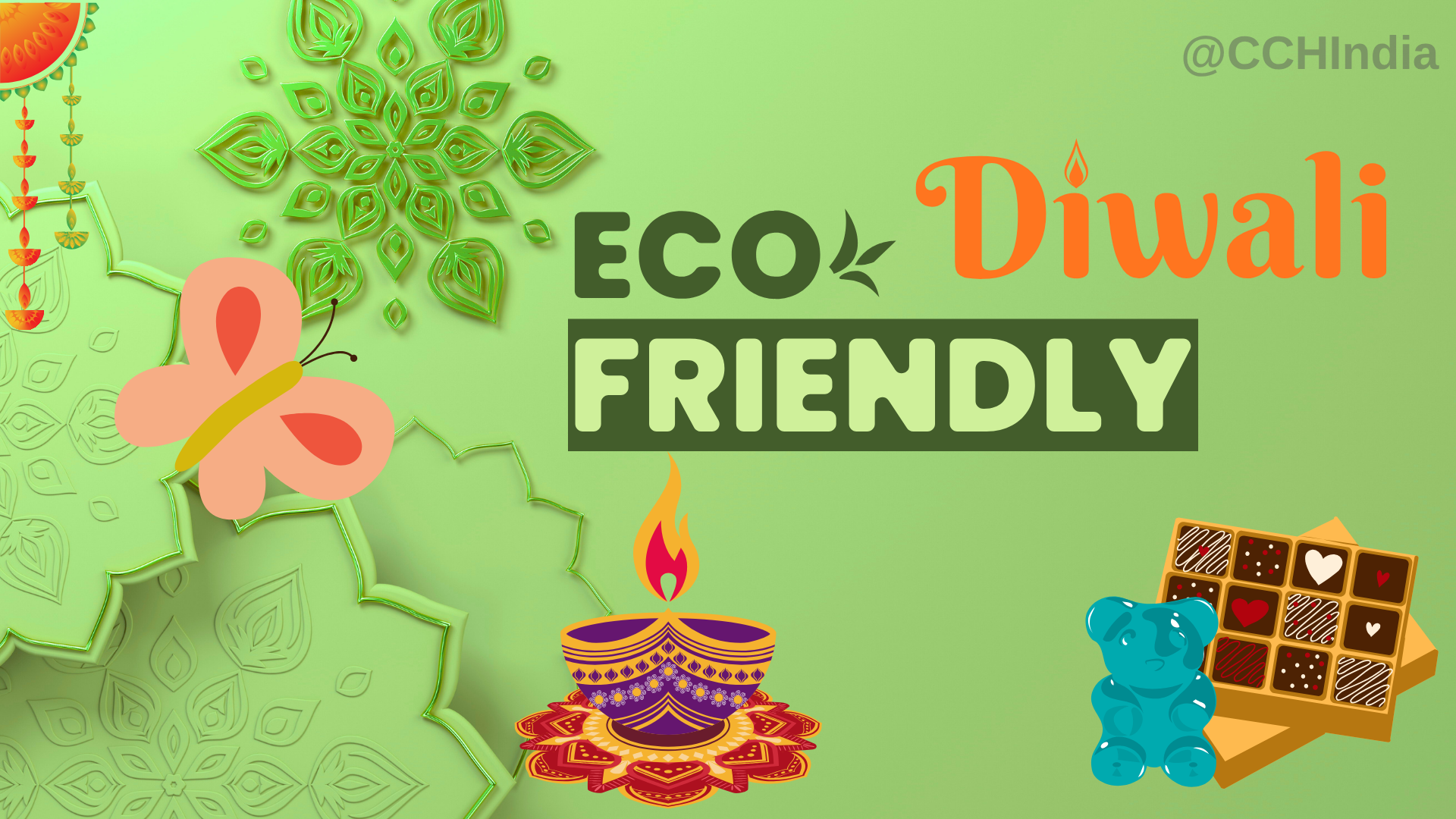
Discover real, practical ways to celebrate Diwali 2025 in an eco-friendly way — without crackers, without waste, and without losing the festive charm. A personal take on going green this Diwali.

